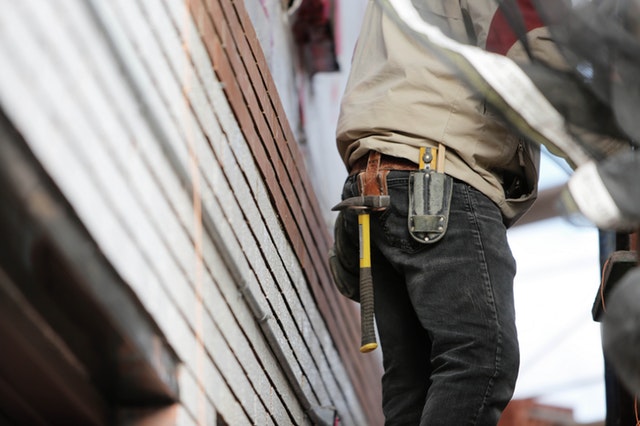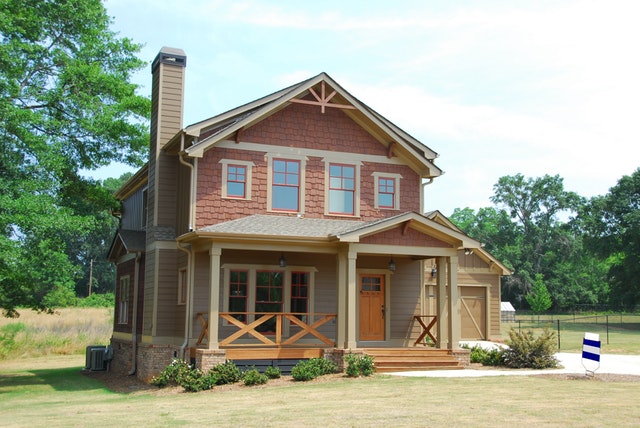When It Makes Sense To DIY
 Many homeowners enjoy DIY, or Do-it-Yourself, home improvement projects. There’s nothing quite like the pride of knowing you used your own hands to put together or improve something.
Many homeowners enjoy DIY, or Do-it-Yourself, home improvement projects. There’s nothing quite like the pride of knowing you used your own hands to put together or improve something.
With the explosion of social media sites such as YouTube, Pinterest,and TikTok, spending a weekend on DIY projects seems easier than ever before. After just a couple of minutes spent searching, you can find a step-by-step tutorial, before and after photos, or a time-lapse video of any project imaginable. Anyone can do this! Right?
Not so fast. In some cases, it may not make sense to DIY. How do you decide whether it will be worth the elbow grease or if you should leave it to the professionals?
To DIY Or Not To DIY
Building, fixing, painting, or any other -ing isn’t always easier or more affordable, despite what HGTV would have you believe. As you consider whether or not to take a project on yourself, here are some things to consider.
- Cost – Calculate the cost of materials you’ll need for your project, factoring in tools and equipment. If the job requires some you don’t already own, you’ll have to rent or buy them, which can be quite costly. However, if you already have some of the necessary materials or you can borrow tools from someone, going the DIY route may make sense.
- Time – As Greek philosopher Theophrastus said, “Time is the most valuable thing a man can spend.” Even if a DIY project offers substantial cost savings, it’s important to factor in the time you’ll have to spend on it. Consider whether saving money is a worthwhile trade-off for your time.
- Skill level – No matter how many tutorials you study, some things are better left to truly skilled professionals. If you don’t have any experience working in electrical, you shouldn’t attempt to do a project that requires running wires. Knowing your limitations and when to hire someone can save you time, money, and stress.
Potentially saving money is certainly not the only thing to consider when it comes to DIY projects. Before deciding to take it on, ask yourself if you’ll truly enjoy the project and whether or not you have the necessary skills.
If you are in the market for a new home or interested in refinancing your current property, be sure to contact your trusted home mortgage professional.

 There are many homeowners who hire contractors to make repairs or upgrades on their homes. It is critical for home improvement contractors to follow all rules and regulations set forth by the law. These regulations have been set forth under the Home Improvement Consumer Protection Act, or HICPA.
There are many homeowners who hire contractors to make repairs or upgrades on their homes. It is critical for home improvement contractors to follow all rules and regulations set forth by the law. These regulations have been set forth under the Home Improvement Consumer Protection Act, or HICPA.  For most individuals and families, their home is the most expensive investment they will ever purchase. Therefore, it is important for everyone to take care of their home. Routine maintenance can prevent costly repairs from arising down the road.
For most individuals and families, their home is the most expensive investment they will ever purchase. Therefore, it is important for everyone to take care of their home. Routine maintenance can prevent costly repairs from arising down the road.